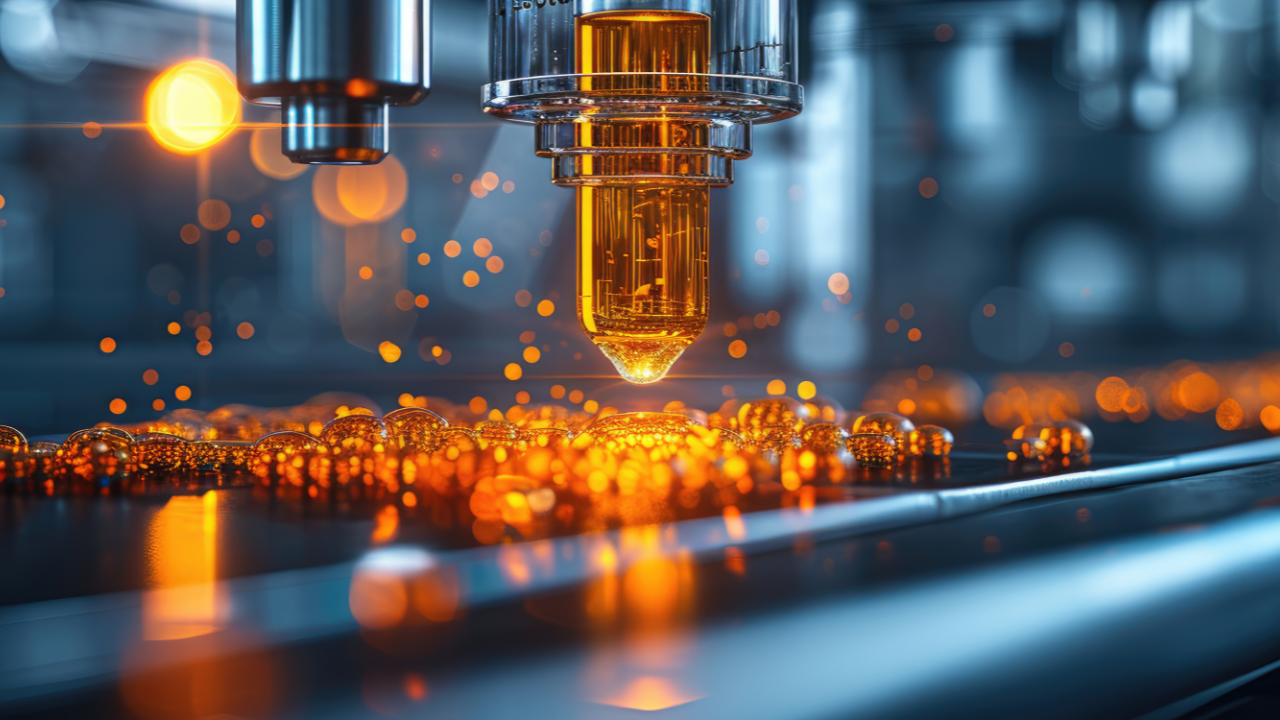TNO Launches Peregrion, Aiming to Increase Market Presence of Accelerated Biomedical Mass Spectrometry Technology
Spinoff seeks to aid pharmaceutical companies in accelerating early clinical development programs.
Image Credit: Adobe Stock Images/Oldman

TNO announced that it has officially launched Peregrion, a spin-off company aimed at enhancing the market presence of its accelerated biomedical mass spectrometry (AMS) technology. Peregrion, which had been under development for the past 10 years, aims to leverage TNO's advancements in generating critical early human data on drug absorption, distribution, metabolism, and excretion from clinical trials. According to the company, the technology is already being used by multiple top pharmaceutical companies hoping to accelerate their drug development processes.1
"We have clearly managed to position the microtracer approach as one of the most promising animal-free innovation trajectories. Moreover, we have now reached to point that the global pharmaceutical industry is embracing our technology to implement the 'human first, human only' strategy as the preferred method to obtain drug metabolism data, from a scientific as well as a business perspective,” said Wouter Vaes, chief science officer, co-founder, Peregrion, in a press release.
TNO intends to continue updating its AMS technology and expand its applications in biomedical research, including biomarkers and efficacy studies in early clinical development, as well as in biologics and pediatric drugs.1
"TNO positions Peregrion to further build on the AMS technology that we developed, offering the ideal setting to support clients in the pharmaceutical industry with bringing the best medicines to patients earlier,” said Steven Erpelinck, chief commercial officer, co-founder, Peregrion, in the press release.
Last August, TNO provided more details regarding AMS technology and Peregion as part of its time setters series, including the process of speeding up the development time of new drugs.2
‘When developing a new drug, the most important part is testing it on humans. After all, we first need to know how the body reacts. To properly track and detect the drug, for example in a test participant’s blood, urine or faeces, the drug has to be made radioactive. A particular dose of radioactivity is necessary, as otherwise it cannot be measured using conventional technology. But radioactivity is not exactly healthy,” said Vaes, in an episode of the company’s time setters series.
According to Vaes, around 45% of newer drugs focus on treating cancer or inflammation. With AMS technology, TNO is aiming to tackle the expensive nature of cancer drugs by focusing on a new area in the drug sector.2
“We’ve now registered about 10 drugs that have been investigated by our AMS, which is obviously fantastic. The best example of a successful application? The case of a company that wanted to know how long three different substances remained in the blood. The substances disappeared too quickly,” Vaes said. “This was a microdosing study, in which we not only investigate using low radioactivity, as with AMS, but which is also low in terms of the amount of the substance.”
References
1. TNO launches Peregrion to boost market impact of its technology that accelerates medicine development. PR Newswire. March 25, 2024. Accessed March 25, 2024. https://www.prnewswire.com/news-releases/tno-launches-peregrion-to-boost-market-impact-of-its-technology-that-accelerates-medicine-development-302097073.html
2. Time setters: reduce long waits for new medication with AMS. TNS. August 10, 2023. Accessed March 25, 2024. https://www.tno.nl/en/newsroom/insights/2023/08/time-setters-medicine-development-ams/